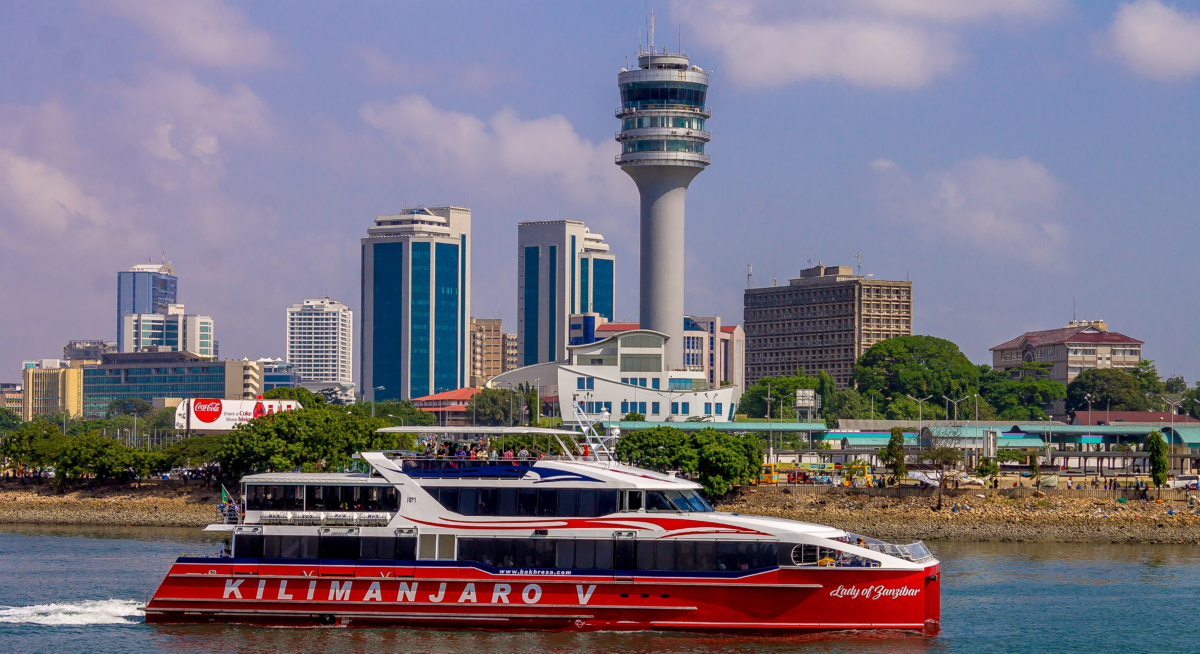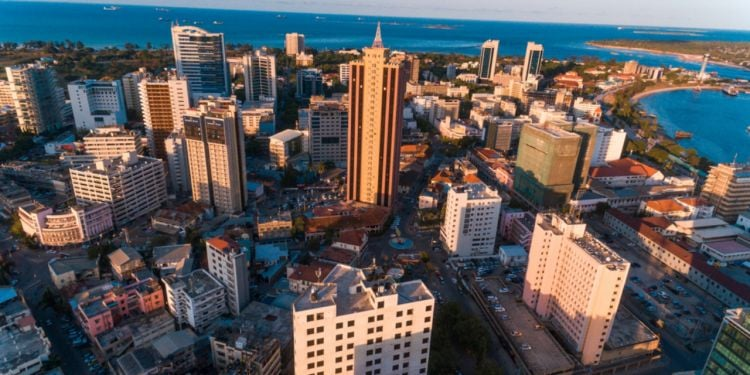Over the past few years, Tanzania has emerged as a magnet for businesses and investors worldwide. This surge of interest has propelled the Tanzanian economy, with a projected GDP growth rate of 5.1% in 2023 and an anticipated 6% in the medium term. As the country continues its economic expansion, several factors contribute to this burgeoning interest. Let us break down the details.
Tanzania’s Growing Economy
According to the African Development Bank, Tanzania has one of the fastest-growing economies in Africa, with a GDP growth rate that consistently surpasses the Sub-Saharan average. This economic dynamism, coupled with a population exceeding 60 million, creates a broad market for a wide range of products and services. Furthermore, this development has attracted numerous investors to the country, recognizing it as a fertile ground to launch their ventures.
Strategic Location and Trade Opportunities
Another compelling reason for the surge in investment is Tanzania’s strategic location. The World Bank points out that Tanzania’s position on the eastern coast of Africa makes it a gateway to six landlocked countries. This valuable geographical benefit offers businesses expansive trade opportunities with these countries and beyond. Moreover, Tanzania’s coast and ports connect well with global trade routes. As a result, companies can efficiently import and export their goods to markets in Asia, Europe, and the Middle East.

Abundant Natural Resources
Tanzania’s wealth of natural resources also attracts these companies. With significant reserves of minerals such as gold, diamond, and tanzanite, the mining sector is particularly appealing to investors. Additionally, the country’s vast arable land and favorable climate conditions hold immense potential for agribusiness. Read Also: 9 tips for investing in Africa
Tanzania boasts a wide variety of crops, including cashew nuts, coffee, cotton, and tobacco. Furthermore, the government actively promotes the development of agro-processing industries to enhance the value of these raw materials. To achieve this, Tanzania has embraced Climate-smart agriculture (CSA) as an integral part of its agricultural practices. This approach aims to boost productivity, enhance resilience, and mitigate the impact of climate change on the agricultural sector.
Pro-Investment Government Policies
To further boost economic growth and attract investment, the Tanzanian government has implemented numerous initiatives. These include tax incentives for businesses operating in priority sectors such as agriculture, manufacturing, and energy. The government has also established special economic zones (SEZs) to promote industrialization and attract foreign direct investment.
The pro-investment climate in Tanzania is further enhanced by government policies encouraging foreign investments. The US Department of State acknowledges that the Tanzanian government offers various incentives to foreign investors, including tax holidays and import duty exemptions.
In addition, the Tanzanian government has prioritized infrastructure development by investing in key sectors such as transportation, energy, and telecommunications. This focus on improving infrastructure not only benefits businesses but also makes Tanzania an attractive destination for tourists.

Profitable Business Opportunities
Aside from these macroeconomic and policy factors, there are also various profitable business opportunities in the country. According to a report from Goalhall, sectors like agribusiness, tourism, real estate, and ICT provide profitable investment avenues in Tanzania. With the country’s abundant natural resources and a growing middle class, there is potential for businesses to thrive in these sectors.
For example, agriculture accounts for approximately 25% of Tanzania’s GDP and employs over 75% of the workforce. The sector presents lucrative opportunities for investors in areas such as crop production, agro-processing, and livestock farming. Similarly, Tanzania’s diverse landscape and rich cultural heritage make it a popular destination for tourists, creating opportunities in the hospitality industry.
In addition, the rapidly growing urban centers in Tanzania have led to an increased demand for housing and commercial spaces, making real estate a profitable sector. The country’s improving telecommunication infrastructure also presents opportunities in the ICT sector, with a growing demand for internet services and mobile phone usage.
Furthermore, Tanzania is a member of several regional and international trade agreements, such as the East African Community (EAC) and the Southern African Development Community (SADC), which provide access to a larger market and preferential treatment for member countries.
Bottom Line
In conclusion, the combination of a robust economy, strategic location, abundant resources, attractive government incentives, and diverse business opportunities makes Tanzania an irresistible destination for companies and investors. It is no wonder, then, that so many businesses are choosing to invest in this East African nation.



